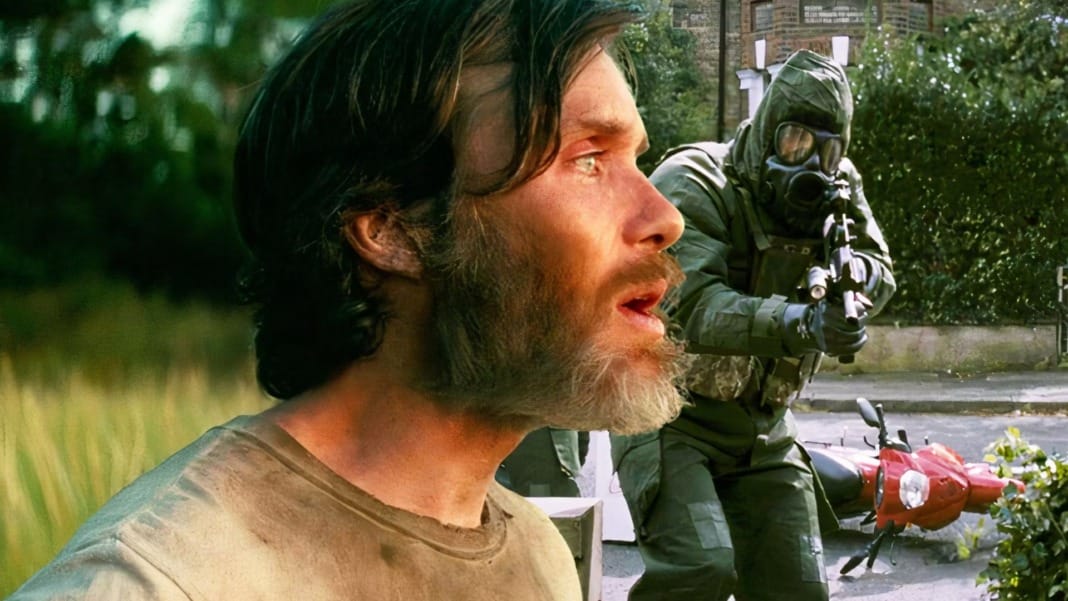The highly anticipated zombie sequel 28 Years Later, directed by Danny Boyle, made headlines for incorporating several iPhone 15 Pro Max smartphones during its filming. According to a report from Wired, this marks the biggest production ever to use iPhones, with the film’s budget reaching a staggering US$75 million.
Despite this impressive claim, there are important factors to consider. Firstly, the information regarding iPhone use in the film comes from anonymous sources, as the crew was bound by strict non-disclosure agreements (NDAs). Additionally, while the iPhone 15 Pro Max played a role in the film’s production, it wasn’t the sole device used. Sources such as Engadget have confirmed that Boyle and his team employed a variety of cameras alongside the smartphones, meaning the iPhone served as just one of the many tools in their cinematographic arsenal.
iPhones adapted for professional use
It’s important to note that the filmmakers didn’t simply use the iPhones straight out of the box. The smartphones were modified to work with high-end, full-frame DSLR lenses. These professional-grade lenses, which are notoriously expensive, allowed the iPhones to capture shots with a level of detail and precision expected from a big-budget film. In addition to the lens modifications, the iPhones were housed in protective cages, ensuring durability and stability during filming.
iphone 15 max with “some attachments” https://t.co/QUBLWEwp1K pic.twitter.com/YKpCWpdRBU
— Chris Fallsikkan (@AlsikkanTV) September 20, 2024
While the iPhones weren’t the primary cameras, their use is still noteworthy, representing a significant moment for Boyle’s team. The original 28 Days Later, released in 2002, was filmed on a prosumer-grade camcorder that cost only US$4,000. That camera recorded footage onto MiniDV tapes, a stark contrast to the advanced digital technology available today. With 28 Years Later, the franchise comes full circle by embracing new technological tools, including smartphones, in a high-budget production.
A highly anticipated sequel
28 Years Later is the third film in the popular zombie franchise, scheduled for release in June 2025. The movie will feature a star-studded cast, including Jodie Comer, Aaron Taylor-Johnson, Ralph Fiennes, and Cillian Murphy, who also appeared in the original film. This will be the first of three new movies planned within the universe of fast-moving “rage” zombies.
Although plot details remain under wraps, the series’ fans eagerly await the continuation of the story. The upcoming films are being written by Alex Garland, who co-wrote the original 28 Days Later and has since gained recognition for directing films such as Ex Machina and Annihilation. Garland has also worked on the critically acclaimed TV series Devs, which further showcases his talents in the suspense and science fiction genre.
Smartphones in Hollywood
The use of smartphones in filmmaking isn’t entirely new. Directors like Sean Baker and Steven Soderbergh have famously used iPhones for their projects. Baker’s Tangerine and Soderbergh’s Unsane were shot entirely on iPhones, helping to popularise the smartphone use trend in professional film production. However, Boyle’s 28 Years Later sets itself apart as the largest-scale production to incorporate iPhones, blending the convenience and accessibility of smartphone technology with the high-end demands of a blockbuster film.
As the lines between consumer-grade and professional filming tools continue to blur, it’s clear that the iPhone’s role in 28 Years Later may signal a new era in how Hollywood approaches production. Whether it’s a full-circle moment for the franchise or a glimpse into the future of filmmaking, integrating smartphones into high-budget movies is worth watching.





